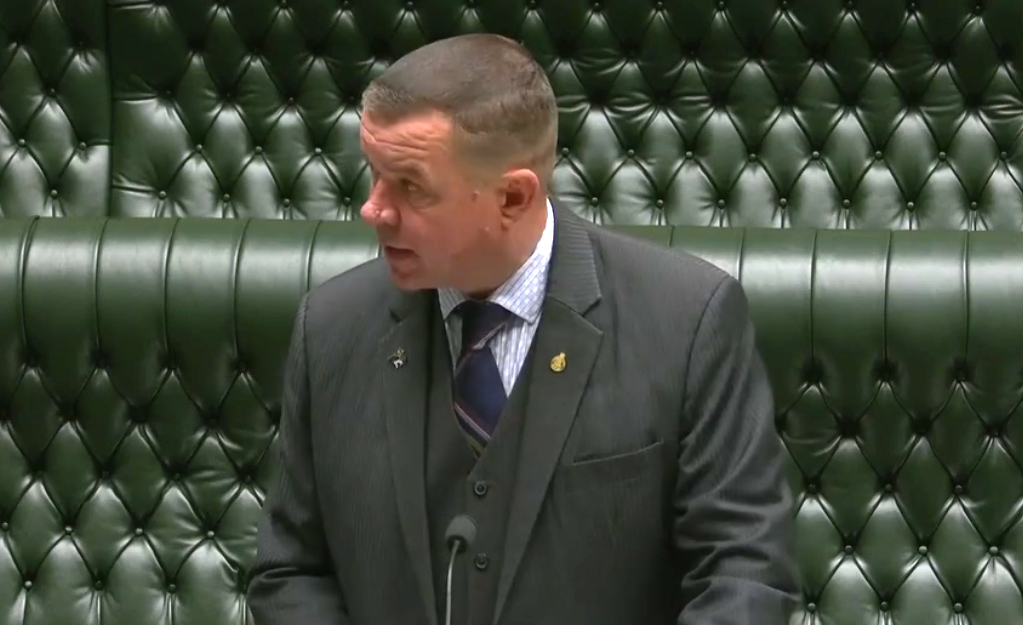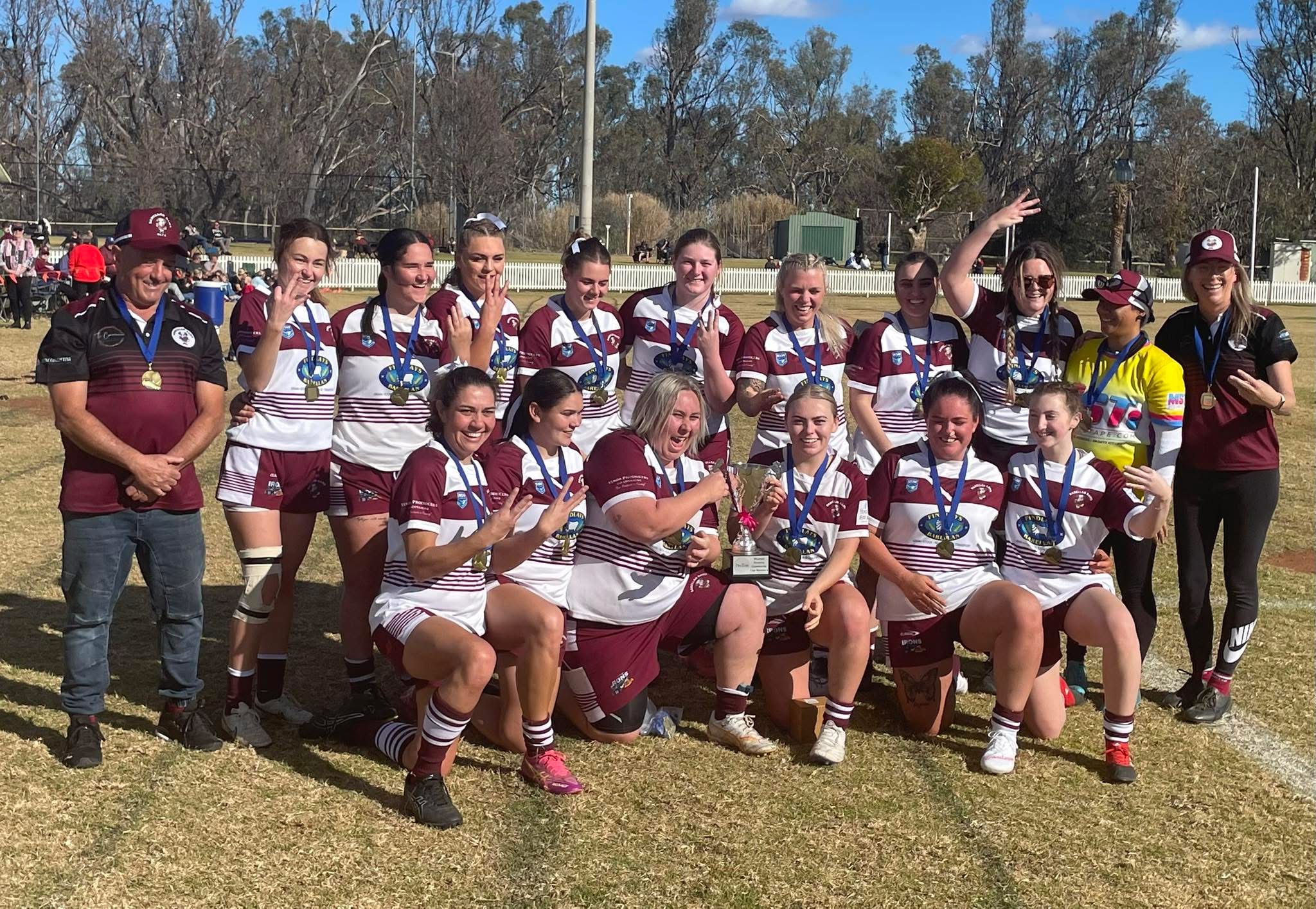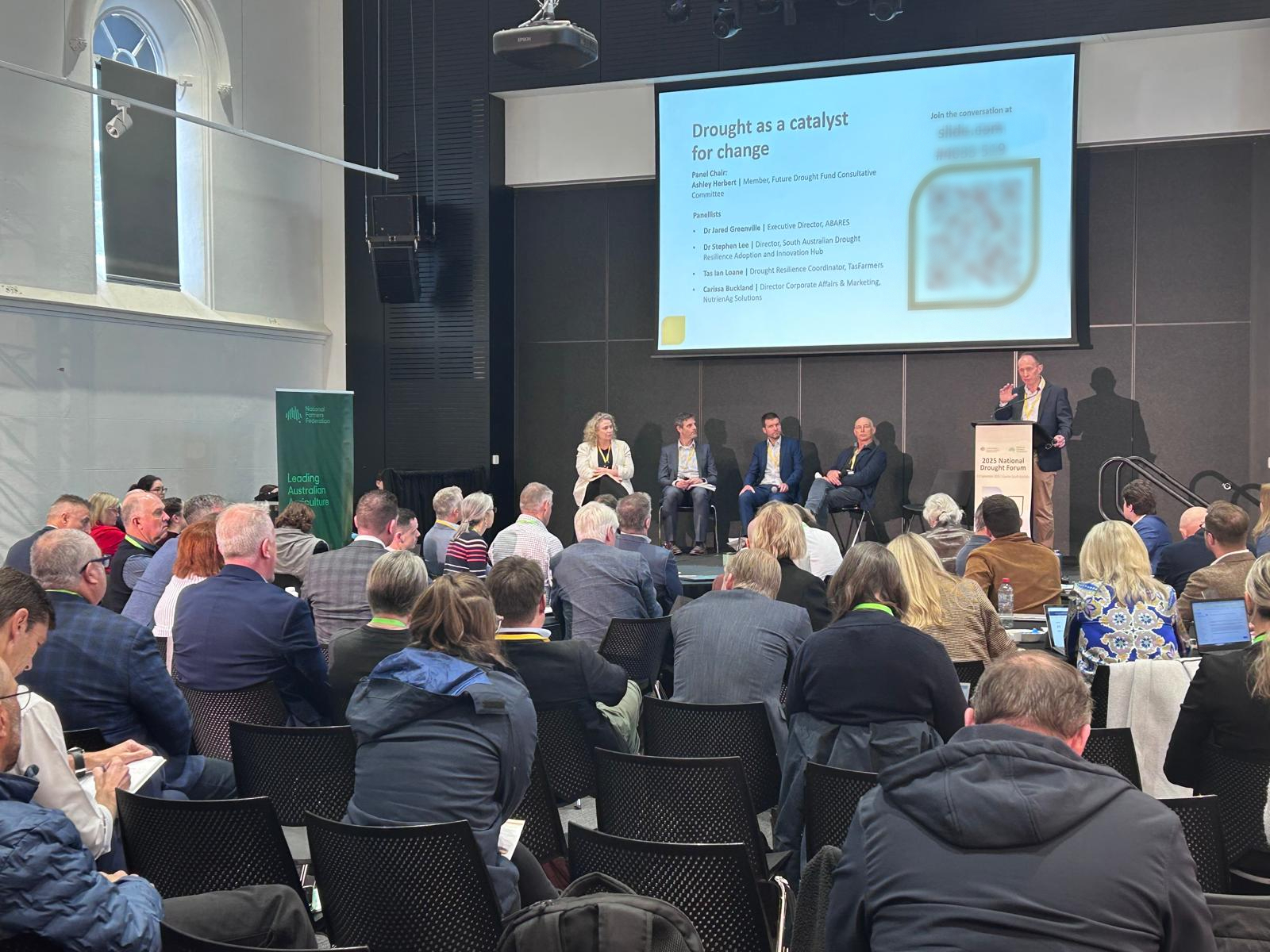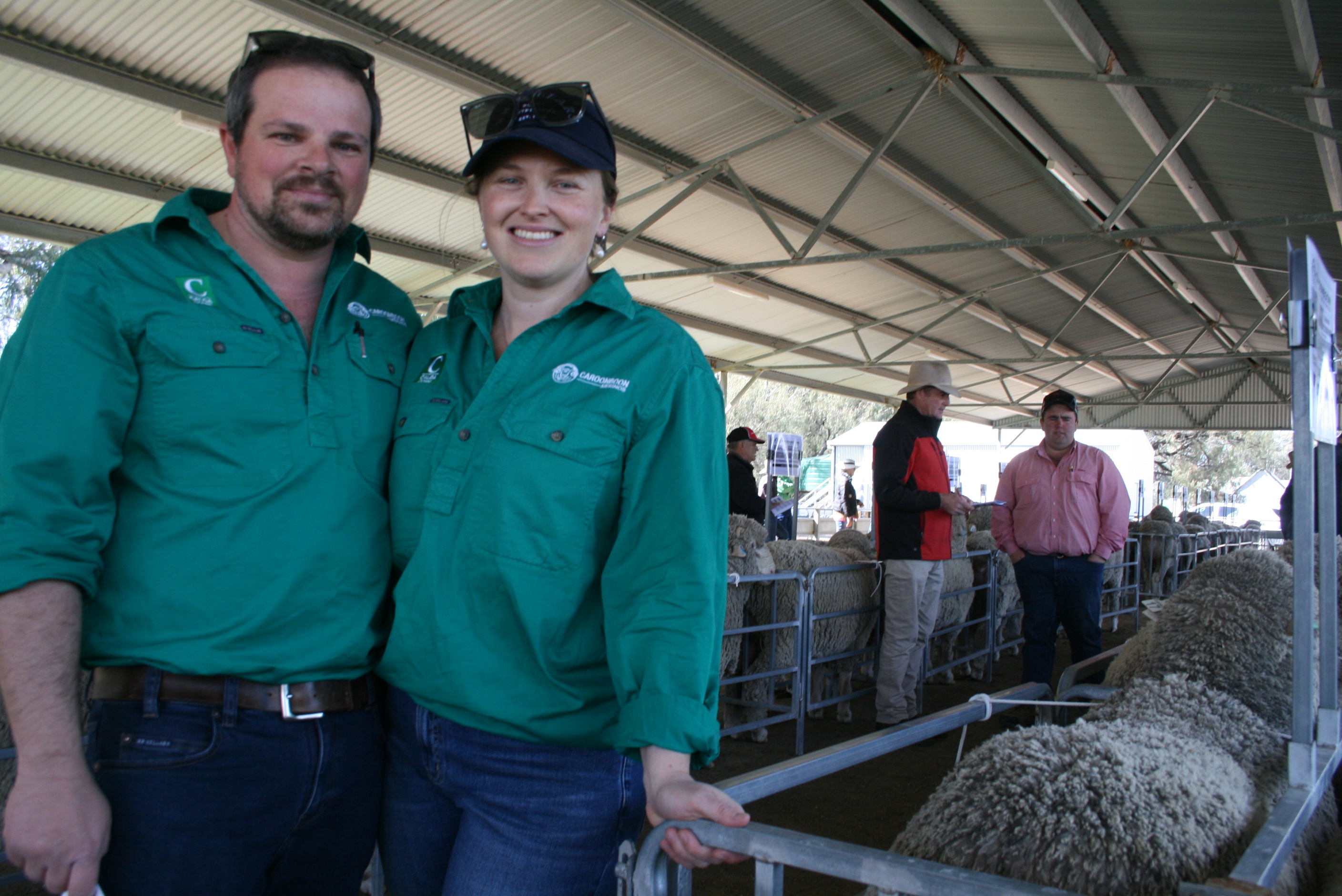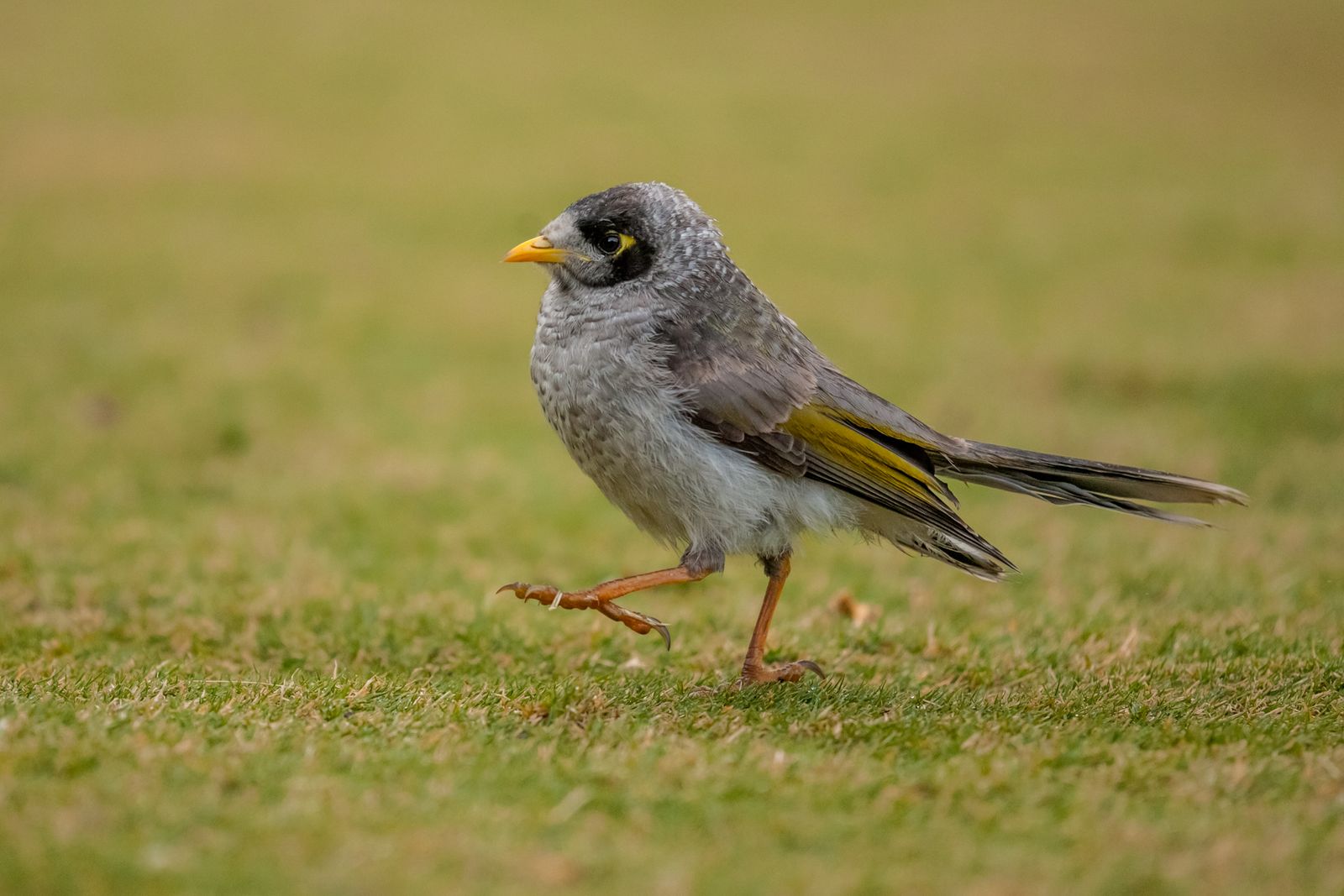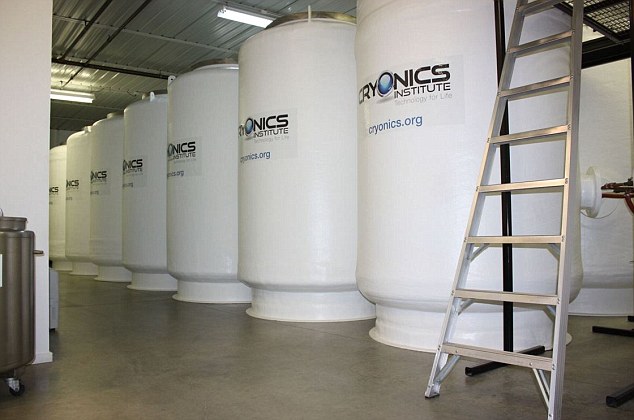"Wilcannia needs increased water supply" Roy Butler
Krista Schade
14 September 2025, 2:00 AM
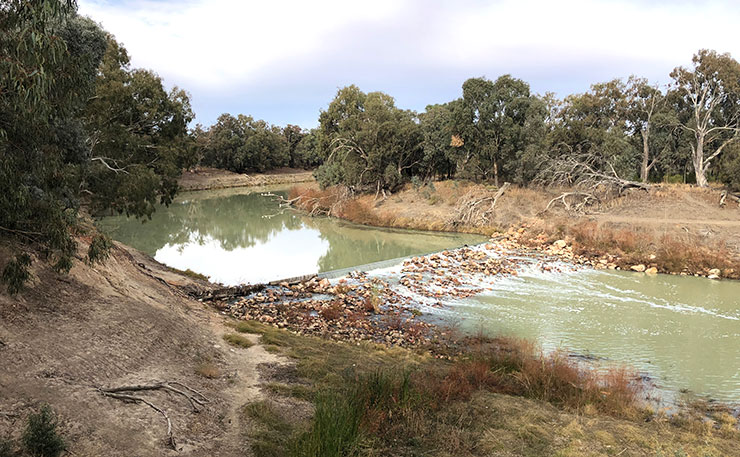
Member for Barwon Roy Butler called for an increased water supply for the Back Country community of Wilcannia, during the most recent sitting of NSW Parliament.
"We often talk about the importance of generational knowledge, particularly when it comes to the transfer of agricultural knowledge to the next generation," Mr Butler said in his Private Members Statement in NSW Parliament during the week.
"As our young people step up and take the reins from their parents, a lifetime's worth of learning they have gained by living and working on the family property is more valued by a farmer than any university degree. That is not because university degrees do not have value, but because there is no comparison to the knowledge gained from living on the land and being the descendant of generations of farmers who have lived, breathed and made sacrifices on that very same land. That is why my team and I highly value our constituents' knowledge and why we push so hard for proper, meaningful consultation with our communities out west.
"No-one understands drought resilience and water security better than agricultural landholders. That is simply a fact. If they lack the knowledge, their business risks failure. This knowledge and these generational records should be viewed as a valuable resource by agencies, departments and governments. For farmers, rivers are real things. They do not just exist in a computer or on an iPad. Altering flows, removing infrastructure or building new infrastructure reverberates through river communities. The Wilcannia weir project is a prime example of a community brimming with collective wisdom being overlooked by an agency.
"The Barkandji people—which literally translates to "river people"—have been dragged through years of tokenistic consultation by all sides of politics, only to have the weir design that they agreed to covertly swapped out with something they were not consulted on. In fact, the overall purpose of the project was covertly changed during the value engineering process. The project's purpose in the original environmental impact statement was to "secure existing and future water supply for the township of Wilcannia". After the value engineering process, it became to "provide the primary source of water for long-term water security for the community of Wilcannia". The independent review into the Wilcannia Weir project found that during this process, the objectives to enhance water security for Wilcannia, improve water management in the weir pool, and indirectly increase tourism and investment were removed. The report goes on to state that it was after this value engineering process that communication between the agency and the community went downhill.
"Wilcannia needs increased water supply. The original design increased the weir height by one metre and incorporated fish gates. Following an assessment by the fisheries office, the one-metre height increase was dropped to "minimise impacts to aquatic ecology". The subtext is that the aquatic biodiversity offsets would be too expensive. Because this was not properly communicated to the community, they are not on board. They now believe that greater priority is given to fish life than to the community's quality of life. Who could blame them, when no information or advice was provided to key stakeholders for a significant period after the decision to drastically amend the design and its objectives? The Wilcannia community feels ignored after generations of living on the Darling/Baaka.
"Wilcannia is not alone. More weir modification projects in Barwon under the Reconnecting the Northern Basin project have strong community objections based on intergenerational knowledge of the river. The Tilpa and Louth weirs are critical to communities for stock and domestic water supply, recreational amenity and tourism. Those two weirs are being assessed under the Reconnecting the Northern Basin project to reinstate waterways, or fish highways, to allow for native fish passage. This process for communities in Louth and Tilpa has not been effective for two reasons. Affected landholders and residents first learnt about the project through discussions that, at that time, included the complete removal of the weirs as an offset to the lowering of the northern basin recovery target by 70 gigalitres of water. The community was justifiably hostile, as the removal of the weirs and 70 gigalitres of water would substantially impact their consistent calls for improved water security.
"But these communities are not just whining; they did not just complain. They also provided a solution based on hundreds of years of intergenerational knowledge gained from experience from living through the Federation drought, the 1915-16 drought, the World War II drought, the droughts in the '60s and the '80s, and the millennium drought. They have lived through numerous flood events and have been isolated on numerous occasions. Their solution is straightforward: Construct the fish passage structure on top of the existing weir. It is a sensible proposal that includes fish passage and maintains water security measures. However, it has been consistently rejected until now. I applaud the change in scope and the response to community concerns and have thanked the department and Minister for this response.
"Weirs are a vital component of water security in western New South Wales. Any proposal that does not include additional days of water over the status quo is not acceptable to these communities. There is a very tangible reason why the Barkandji people wanted an increased height of one metre, and the same applies to Louth and Tilpa. Memories of the worst recorded droughts in history remain at the forefront for those living in these communities. None of those communities object to fish passage, but it should not come at the expense of generations of knowledge and drought resilience."
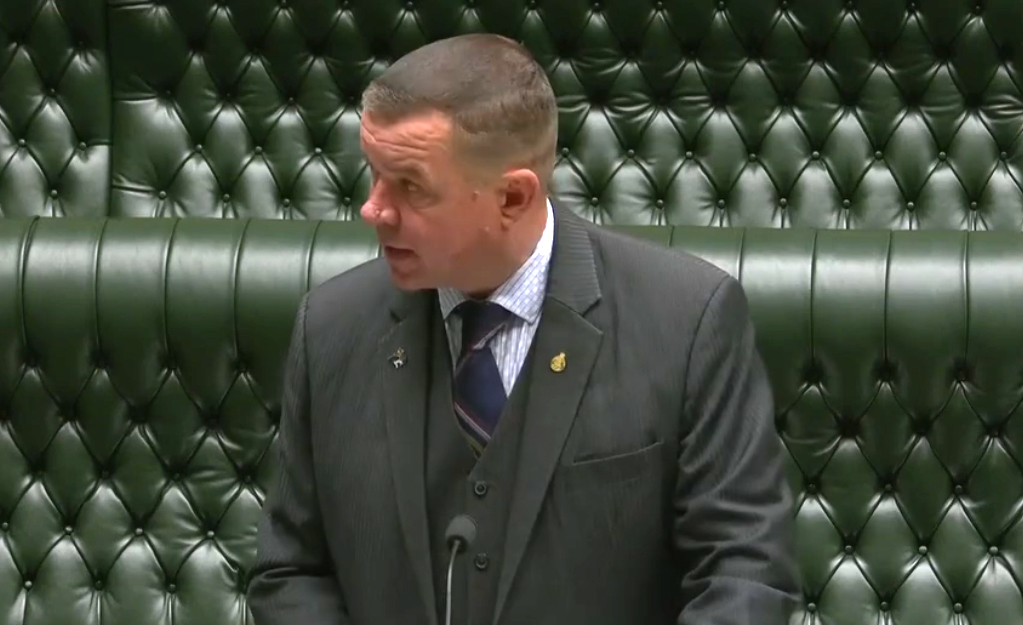
NEWS
SPORT
RURAL
